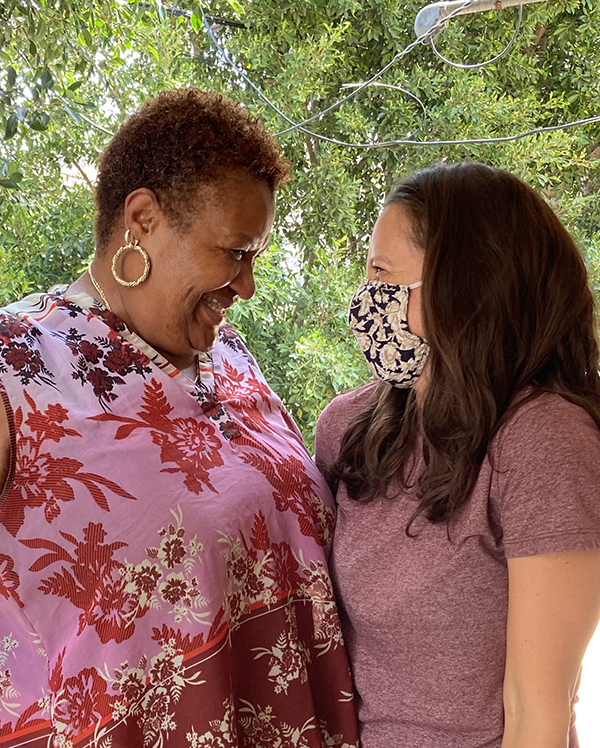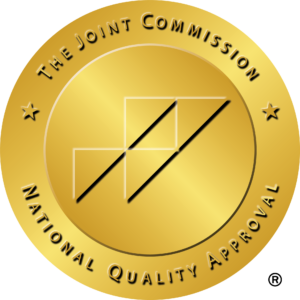Lauren is an Occupational Therapist (OT) at Step Up. The best part of her job?
“Helping our members live their best life,” she says.
As an OT, Lauren helps people who are experiencing chronic homelessness and serious mental illness learn the skills they need to live as independently as possible and engage in meaningful and productive activities.
Exactly what those activities are is up to the member. Activities range based on the individual member’s interests and needs and are decided on between the member and their recovery team. Occupational therapies can cover everything from hygiene skills to physical activities to school or even jobs.
“Occupational therapy is great because treatment plans can change as the person grows. When I first meet with a member, we might start off by focusing on home organization or budgeting. As they become more independent, we can shift to learning a new hobby or exploring employment opportunities.”
For many people, occupational therapy can be the missing piece that helps them learn to thrive once they become housed. “Occupation” refers to the everyday activities that a person may engage in to fill time and bring meaning and purpose to their life. It’s the tasks a person needs to, wants to, or has to do. Because chosen occupations are often self-directed by the member, occupational therapy functions as a natural complement to the person-first recovery model used by Step Up.
“By looking at the person, environment, and occupation (activity or task), occupational therapy allows a unique hybrid of problem solving to address barriers to engagement on a multilevel front,” says Lauren. “A desired or needed occupation becomes more tangible with adaptations or modifications to the task or environment, while simultaneously addressing barriers as a result of cognition or motivation.”
For Step Up member, Margo, occupational therapy gave her the tools, confidence, and direction to start her own business — Connie May’s Sister Love Dolls. “I started making the dolls while I was in a drug treatment program and my mother was dying,” says Margo. “Now they are a part of my recovery. I’m so thankful to Step Up for helping me grow my passion!”
Learn more about Margo’s story here.






